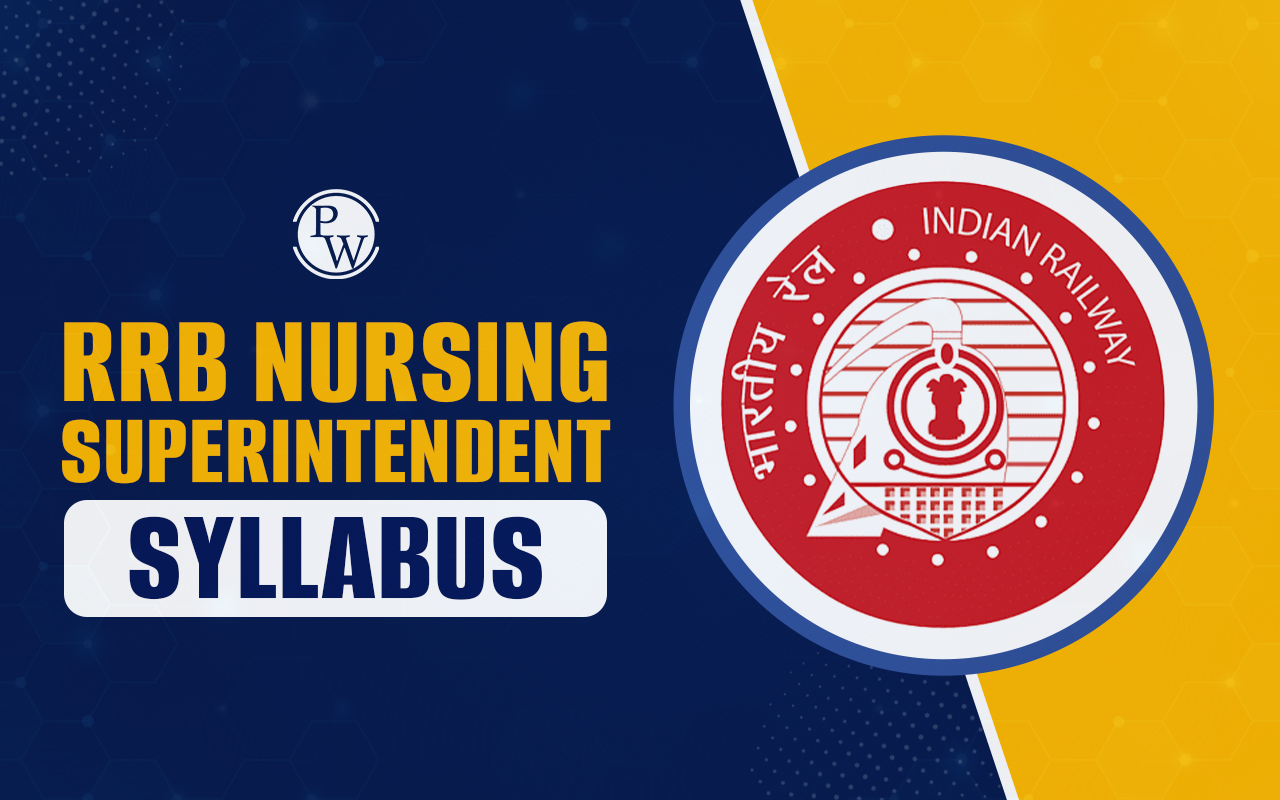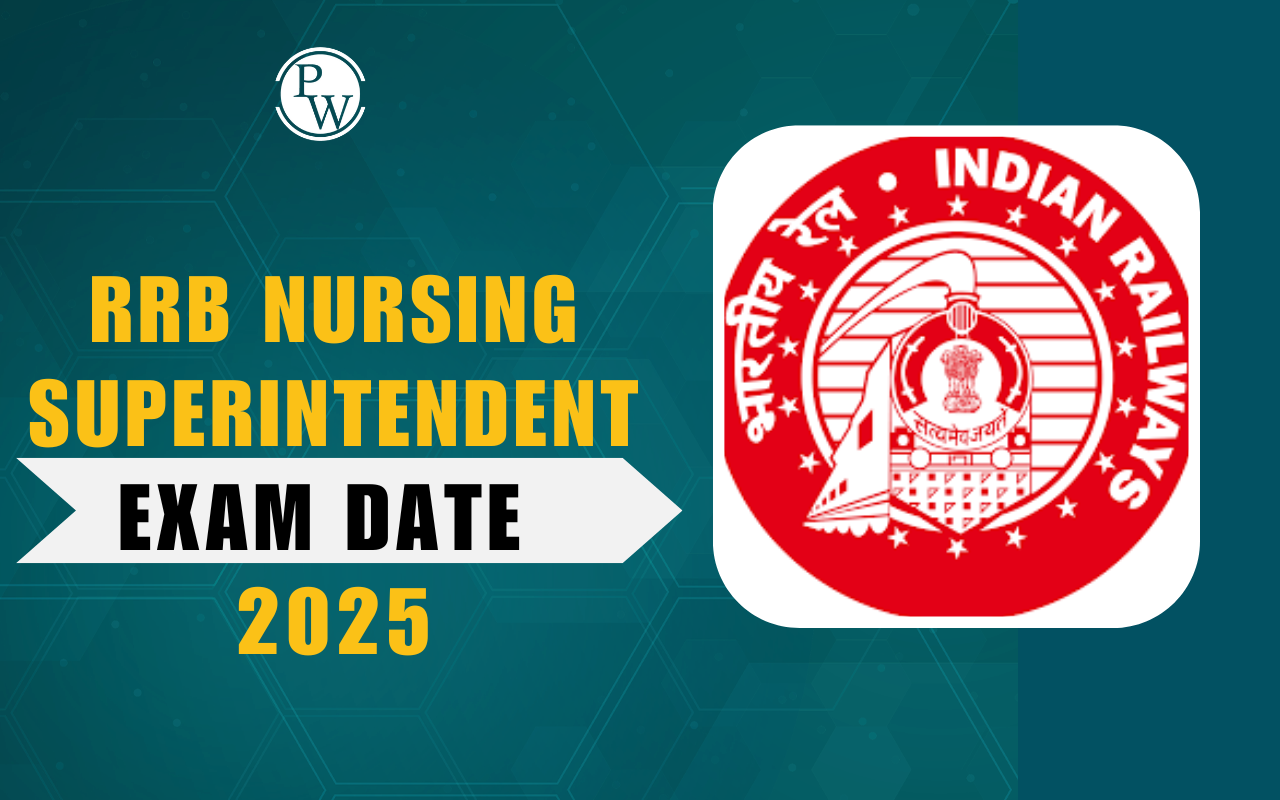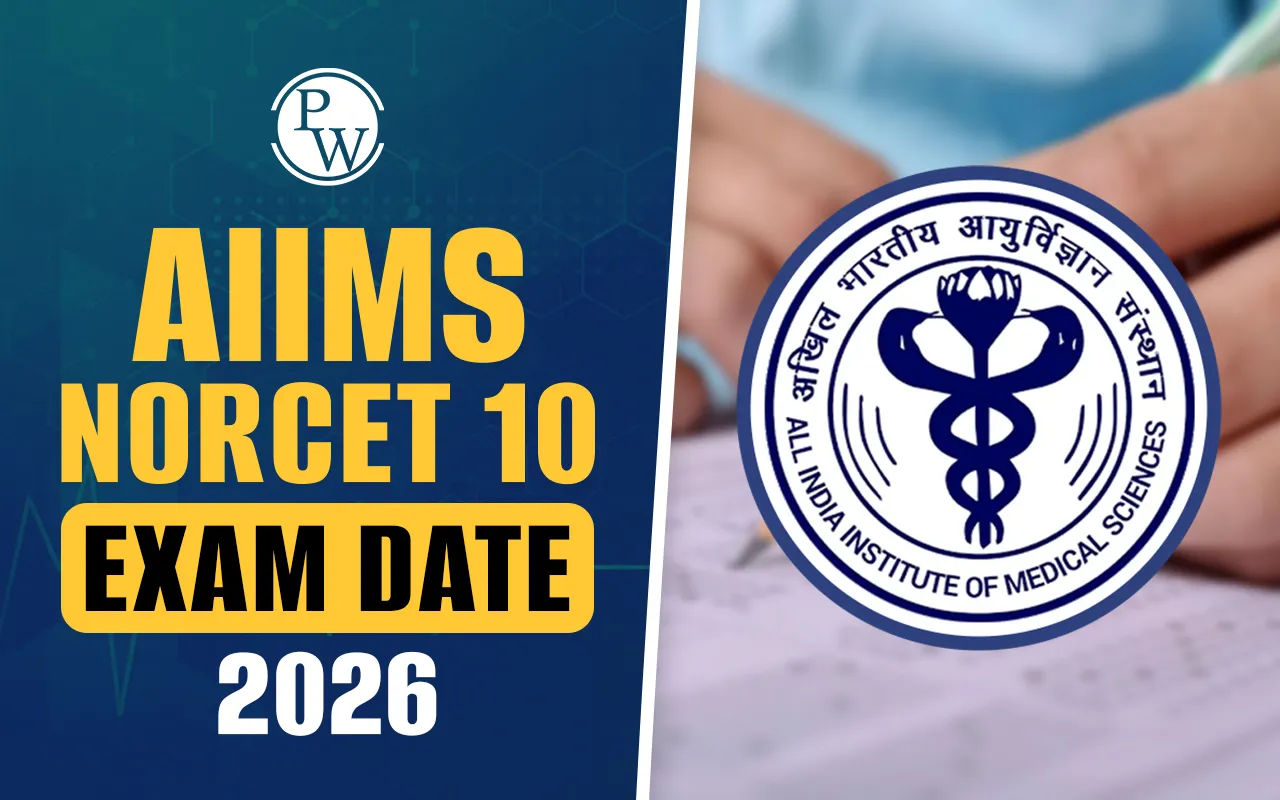
Vitamins are vital nutrients required in small amounts for optimal health and bodily functions. They are divided into fat-soluble and water-soluble types, each playing key roles in immune support, energy production, and digestion. This article explores the 13 essential vitamins, detailing their functions and common food sources. It also highlights the risks of deficiencies, such as fatigue, skin issues, and bone problems. Additionally, the article explains how vitamins work and offers dietary tips for addressing deficiencies. Finally, it stresses the importance of a balanced diet to maintain healthy vitamin levels.
What Are Vitamins and Why Are They Important?
Vitamins are organic compounds that are crucial for maintaining good health and proper bodily functions. Vitamins are important nutrients that our bodies need in small amounts to stay healthy. They help our body work properly and support things like the immune system, energy production, and digestion. Since our bodies can't make most vitamins on their own, we need to get them from food or supplements. There are two types of vitamins: fat-soluble vitamins, which are stored in the body, and water-soluble vitamins, which need to be replaced regularly. Each vitamin has its own role in keeping us healthy.How Do Vitamins Work in the Body?
Vitamins support numerous vital functions in the body, such as boosting the immune system, assisting with energy production, promoting skin health, and ensuring proper digestion. They work synergistically with other nutrients, enzymes, and proteins to regulate biochemical processes, aiding in the breakdown of carbohydrates, proteins, and fats, which provide energy for bodily functions. Vitamins are classified into two groups: fat-soluble and water-soluble.- Fat-soluble vitamins (A, D, E, K) are absorbed through dietary fat and stored in the liver and fatty tissues. These vitamins can remain in the body for long periods, which makes it possible to have a reserve.
- Water-soluble vitamins (C and B vitamins) dissolve in water and are not stored in the body. They are carried to the body’s tissues but are not stored. Excess amounts are excreted through urine, requiring a regular supply through the diet.
The 13 Essential Vitamins and Their Functions
Below is a detailed table of the 13 recognized vitamins, their functions, and common sources:| Vitamin | Chemical Names | Solubility | Function in the Body | Common Sources |
| Vitamin A | Retinol, Retinal, Beta-Carotene | Fat-soluble | Essential for eye health, skin, and immune function. | Liver, carrots, sweet potatoes, spinach, kale, eggs, milk. |
| Vitamin B1 | Thiamine | Water-soluble | Helps the body metabolize carbohydrates and produce energy. | Pork, sunflower seeds, whole grains, asparagus, oranges. |
| Vitamin B2 | Riboflavin | Water-soluble | Supports cell growth and energy production. | Asparagus, eggs, yogurt, milk, meat, leafy greens. |
| Vitamin B3 | Niacin, Niacinamide | Water-soluble | Essential for cellular function and energy production. | Chicken, tuna, eggs, leafy greens, lentils, nuts. |
| Vitamin B5 | Pantothenic acid | Water-soluble | Important for energy metabolism and hormone production. | Whole grains, broccoli, avocados, yogurt, meats. |
| Vitamin B6 | Pyridoxine, Pyridoxal, Pyridoxamine | Water-soluble | Needed for red blood cell formation and nervous system function. | Chickpeas, beef liver, bananas, potatoes, nuts. |
| Vitamin B7 | Biotin | Water-soluble | Aids in metabolizing proteins, fats, and carbohydrates. | Egg yolk, liver, spinach, broccoli, cheese. |
| Vitamin B9 | Folic acid, Folinic acid | Water-soluble | Important for DNA and RNA production, crucial during pregnancy. | Leafy greens, legumes, liver, fortified cereals. |
| Vitamin B12 | Cyanocobalamin, Methylcobalamin | Water-soluble | Vital for nerve function and red blood cell formation. | Fish, poultry, dairy, fortified cereals, eggs. |
| Vitamin C | Ascorbic acid | Water-soluble | Boosts immune health, aids collagen production, and wound healing. | Citrus fruits, strawberries, bell peppers, broccoli. |
| Vitamin D | Ergocalciferol, Cholecalciferol | Fat-soluble | Promotes calcium absorption for bone health. | Sunlight, fatty fish, eggs, fortified milk. |
| Vitamin E | Tocopherol, Tocotrienol | Fat-soluble | Acts as an antioxidant, protecting cells from damage. | Almonds, sunflower seeds, spinach, vegetable oils, kiwi. |
| Vitamin K | Phylloquinone, Menaquinone | Fat-soluble | Crucial for blood clotting and bone health. | Leafy greens, natto, parsley, broccoli, figs. |
Vitamin Deficiency: Symptoms, Risks, and Recovery
Each vitamin plays a specific role, and insufficient intake of any one can result in health problems. For example:- Vitamin A deficiency can cause vision problems like night blindness.
- Vitamin D deficiency may lead to bone disorders such as rickets and osteomalacia.
- Vitamin C deficiency can cause scurvy, characterized by bleeding gums and poor wound healing.
- Vitamin B12 deficiency is associated with neurological issues and types of anemia.
Vitamin Deficiencies and How to Recover?
This table provides an overview of common vitamin deficiencies and foods that help restore adequate vitamin levels. A balanced diet with these sources is key to preventing and recovering from deficiencies.| Vitamin | Deficiency Symptoms | How to Recover |
| Vitamin A | Night blindness, dry skin, weakened immune system | Eat liver, carrots, sweet potatoes, spinach, kale, eggs, and milk. |
| Vitamin B1 | Weakness, fatigue, nerve damage (beriberi), confusion | Consume whole grains, pork, sunflower seeds, asparagus, and oranges. |
| Vitamin B2 | Cracked lips, sore throat, inflammation of skin | Eat eggs, yogurt, milk, leafy greens, meat, and asparagus. |
| Vitamin B3 | Diarrhea, dermatitis, dementia (pellagra) | Include chicken, tuna, eggs, leafy greens, lentils, and nuts in your diet. |
| Vitamin B5 | Fatigue, irritability, digestive issues (rare) | Eat whole grains, broccoli, avocados, yogurt, and meats. |
| Vitamin B6 | Anemia, peripheral neuropathy, irritability | Consume chickpeas, beef liver, bananas, potatoes, and nuts. |
| Vitamin B7 | Hair loss, skin rashes, brittle nails, fatigue | Eat egg yolk, liver, spinach, broccoli, and cheese. |
| Vitamin B9 | Anemia, birth defects (during pregnancy), fatigue | Eat leafy greens, legumes, liver, fortified cereals, and oranges. |
| Vitamin B12 | Fatigue, anemia, neurological issues, pale skin | Eat fish, poultry, dairy, fortified cereals, and eggs. |
| Vitamin C | Bleeding gums, slow wound healing, scurvy | Consume citrus fruits, strawberries, bell peppers, broccoli, and tomatoes. |
| Vitamin D | Bone pain, muscle weakness, rickets, osteomalacia | Get sunlight exposure and eat fatty fish, eggs, fortified milk, and mushrooms. |
| Vitamin E | Muscle weakness, vision problems, nerve damage | Eat almonds, sunflower seeds, spinach, vegetable oils, and kiwi. |
| Vitamin K | Easy bruising, excessive bleeding, poor bone health | Eat leafy greens, natto, parsley, broccoli, and figs. |
How to Get Enough Vitamins from Your Diet?
While many people obtain their vitamins from food, some may need supplements, particularly if they have dietary restrictions (e.g., vegans, pregnant women) or specific health conditions. However, it’s essential not to exceed the recommended daily intake of vitamins, as overconsumption can lead to toxicity and health complications. A well-balanced diet rich in fruits, vegetables, whole grains, lean proteins, and healthy fats is the best way to ensure that the body receives all the necessary vitamins for optimal health.What are Vitamins? FAQs
What are vitamins and why are they important?
Vitamins are organic compounds that are essential for maintaining good health. They play a crucial role in bodily functions and must be obtained from food or supplements.
What is the difference between fat-soluble and water-soluble vitamins?
Fat-soluble vitamins (A, D, E, K) are stored in the body, while water-soluble vitamins (C, B vitamins) are not stored and need to be replenished regularly through diet.
What happens if you have a vitamin deficiency?
Vitamin deficiencies can lead to various health issues, such as vision problems, bone disorders, and immune system weakening, depending on the missing vitamin.
How can I get enough vitamins?
A balanced diet rich in fruits, vegetables, whole grains, and lean proteins provides the vitamins your body needs. Supplements may be necessary for specific dietary restrictions or health conditions.
Can taking too many vitamins be harmful?
Yes, excessive intake of certain vitamins, especially fat-soluble ones, can lead to toxicity and health complications. It's important to follow recommended guidelines for vitamin intake.
🔥 Trending Blogs
Talk to a counsellorHave doubts? Our support team will be happy to assist you!

Check out these Related Articles
Free Learning Resources
PW Books
Notes (Class 10-12)
PW Study Materials
Notes (Class 6-9)
Ncert Solutions
Govt Exams
Class 6th to 12th Online Courses
Govt Job Exams Courses
UPSC Coaching
Defence Exam Coaching
Gate Exam Coaching
Other Exams
Know about Physics Wallah
Physics Wallah is an Indian edtech platform that provides accessible & comprehensive learning experiences to students from Class 6th to postgraduate level. We also provide extensive NCERT solutions, sample paper, NEET, JEE Mains, BITSAT previous year papers & more such resources to students. Physics Wallah also caters to over 3.5 million registered students and over 78 lakh+ Youtube subscribers with 4.8 rating on its app.
We Stand Out because
We provide students with intensive courses with India’s qualified & experienced faculties & mentors. PW strives to make the learning experience comprehensive and accessible for students of all sections of society. We believe in empowering every single student who couldn't dream of a good career in engineering and medical field earlier.
Our Key Focus Areas
Physics Wallah's main focus is to make the learning experience as economical as possible for all students. With our affordable courses like Lakshya, Udaan and Arjuna and many others, we have been able to provide a platform for lakhs of aspirants. From providing Chemistry, Maths, Physics formula to giving e-books of eminent authors like RD Sharma, RS Aggarwal and Lakhmir Singh, PW focuses on every single student's need for preparation.
What Makes Us Different
Physics Wallah strives to develop a comprehensive pedagogical structure for students, where they get a state-of-the-art learning experience with study material and resources. Apart from catering students preparing for JEE Mains and NEET, PW also provides study material for each state board like Uttar Pradesh, Bihar, and others
Copyright © 2025 Physicswallah Limited All rights reserved.









